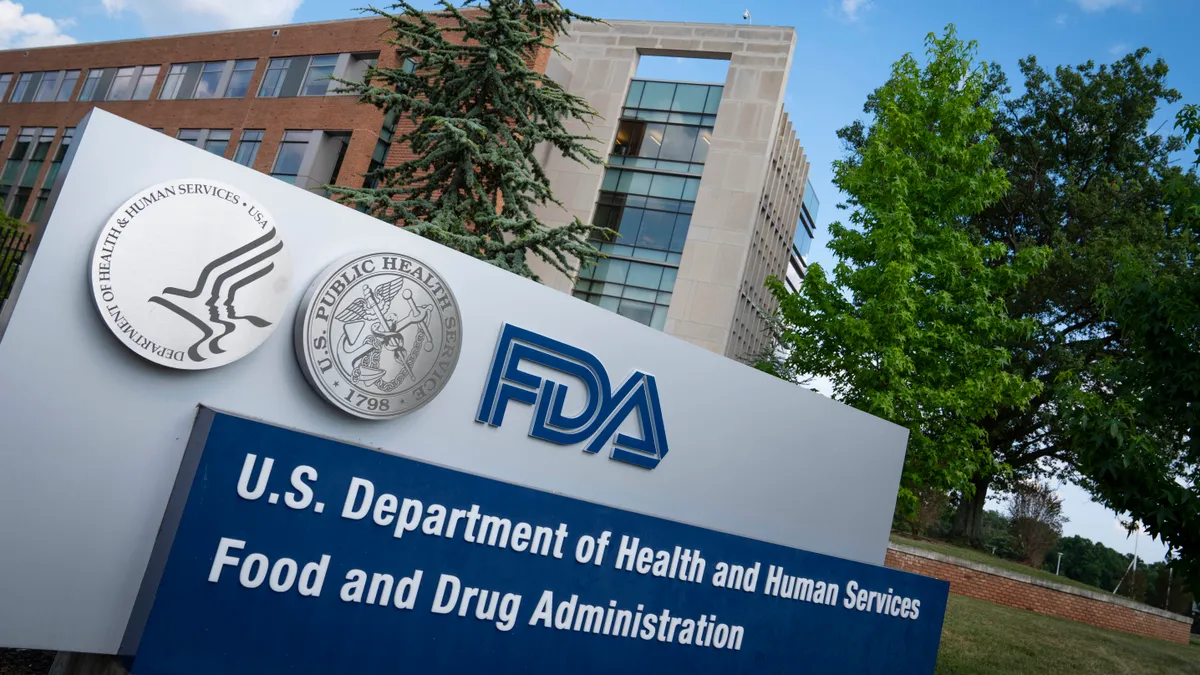UPDATE: Sept. 29, 2021: FDA has granted premarket approval for Transmedics' OCS liver system for use with donors after brain death and circulatory death.
The approval comes after an FDA panel unanimously supported the effectiveness and safety of the system and overwhelmingly agreed that the benefits of the system outweighed the risks.
The indication approval is based on the results of the OCS Liver PROTECT Trial.
Transmedics' approval adds to recent OCS system FDA nods. The company's OCS heart system was approved for use with organs after brain death earlier this month, and the OCS lung solution for use in transplants using cold storage techniques was granted 510(k) clearance in July and cleared to be used with the OCS lung system.
CEO Waleed Hassanein said in a Wednesday statement the company is "looking forward to expanding our commercial activities with all three OCS Systems starting in the fourth quarter of 2021."
Transmedics'stock price was up over 6% Wednesday morning following the announcement.
Dive Brief:
- A panel of experts convened by FDA have voted overwhelmingly in favor of TransMedics' OCS Liver system, increasing the likelihood of the company winning approval. The company's stock price was up more than 10% on the news in early Thursday trading.
- The advisory committee voted 12 to one, with one abstention, that the benefits of the donor organ preservation system outweigh its risks. Votes on the effectiveness and safety of the device were unanimous.
- Analysts at J.P. Morgan expect FDA to approve the device for use with organs donated after brainstem and circulatory death in the next few months. The only downsides for TransMedics were the votes against the inclusion of additional claims.
Dive Insight:
Ahead of Wednesday's meeting of the Gastroenterology and Urology Devices Panel, FDA published an analysis of the premarket approval application that suggested TransMedics would have a difficult time addressing concerns with the filing. Yet, the panel's experts were broadly supportive of the technology and the supporting evidence presented by the company.
The support manifested in positive votes on the key questions FDA put to the panel. All 14 of the panelists voted that there is reasonable assurance of the system's effectiveness and safety. All but two of the panelists voted that the benefits outweigh the risks.
J.P. Morgan analysts said they "fully expect to see an approval in the next 3-4 months assuming there are no delays at the FDA." To the analysts, the meeting indicated broad approval for use in organs donated after brainstem and circulatory death. FDA raised questions about the adequacy of the data in livers donated after circulatory death (DCD) but the analysts expect the label to cover such organs.
The panelists downplayed other issues raised by FDA. While FDA linked the timing of randomization in the trial to a risk of bias, the experts argued the design was a product of the inherent difficulties of organ transplant trials. Crucially, the experts concluded the results generated in the trial are valid.
J.P. Morgan analysts called the meeting a "clear win" for TransMedics but highlighted some points that went against the company. The panel voted broadly against the inclusion of additional claims on the ability to determine the suitability of livers for transplantation, increased use of DCD livers and reductions in ischemic biliary complications.
The analysts also expect FDA to require TransMedics to run a post-approval study and keep following the patients enrolled in its clinical trial and continued access protocol. That prediction is based on the desire of the panelists to see more data.
"Physicians are looking for a single-arm registry followed out to one or two years specific to more marginal livers like DCD, with additional data gathered on patient-reported outcomes, physician responses around why they accepted/rejected organs, and continued assessment of potential mechanical failures and post-perfusion rejection," the analysts wrote.
Ricky Zipp contributed reporting.










